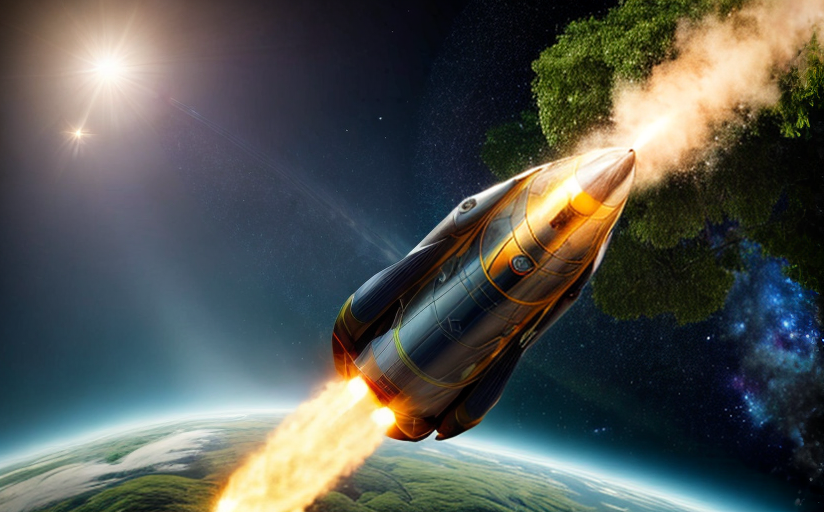Influence of Space Travel on Environmental Sustainability
Space exploration has brought us unparalleled knowledge and technological advancements yet its potential impacts on our environment should not be undermined. As we deepen our understanding of space travel, recognizing the importance of environmental sustainability becomes increasingly critical. This article explores the influence of space travel on our planet's environment and discusses the measures being taken to achieve sustainability.
The Dark Side of Space Travel: Environmental Criticisms
Rocket launches and space waste are the most prominent environmental concerns associated with space travel. Rocket launches can cause pollution both locally and globally from the combustion and emission of gases. Heating up of the atmosphere, contamination of water bodies, and degradation of natural habitats are among the many detrimental effects of these launches.
Moreover, the issue of space waste is escalating. According to the European Space Agency, there are about 34,000 pieces of debris (larger than 10 cm) and millions of smaller pieces littering the space. Not only does this debris pose a collision risk to other spacecraft, but they can also burn up and re-enter the Earth's atmosphere, causing potential harm.
The Brighter Side: Positive Impacts of Space Travel
Despite these negative impacts, space technology has also contributed positively towards scrutinizing climatic variations and environmental changes. Satellites equipped with advanced technology have been instrumental in monitoring climate change.
These powerful devices help collect precise data about different climatic variables like temperature, sea levels, ice melting patterns, and levels of atmospheric gases. This data is invaluable in informing climate change mitigation and adaptation strategies.
Sustainability in Space: The Way Forward
Understanding and acknowledging environmental impacts is the first step towards sustainability. Numerous space agencies and corporations are now placing a significant emphasis on mitigating their environmental footprint.
SpaceX, for example, utilizes methane - a less polluting fuel for their newer class of rockets. The company is also developing the Starship, which is reusable, indicating a shift towards less wasteful practices. NASA, too, is investing in the development of green propellants and researching ways to clean up space debris.
Final Thoughts: A Sustainable Future for Space Travel
In conclusion, while the exploration of space presents us with certain environmental challenges, it also offers invaluable resources and opportunities to tackle climate change. As we continue to venture into the cosmos, finding the balance between our ambitions and the need for environmental sustainability will be critical.
Future prospects could include stronger international cooperation on managing space debris, stringent regulations on rocket emissions, continued investment in green technologies, and the promotion of responsible and sustainable practices in the industry. Thus, by striking this balance, human beings can ensure that our exploration of the mysteries of the universe does not compromise the health and sustainability of the Earth.

















Comments
Leave a Comment